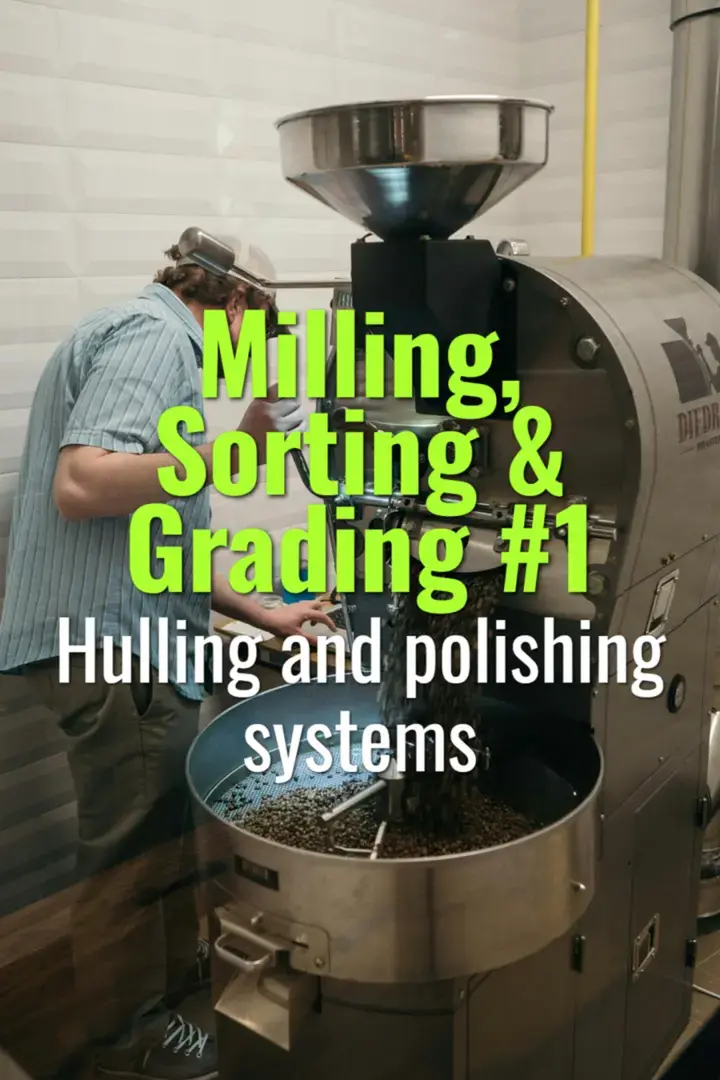
Hulling and polishing systems
This topic explains how coffee is hulled and polished during dry milling, the types of equipment used, and how these steps influence bean quality, appearance, and market acceptance.

This topic explains how coffee is hulled and polished during dry milling, the types of equipment used, and how these steps influence bean quality, appearance, and market acceptance.
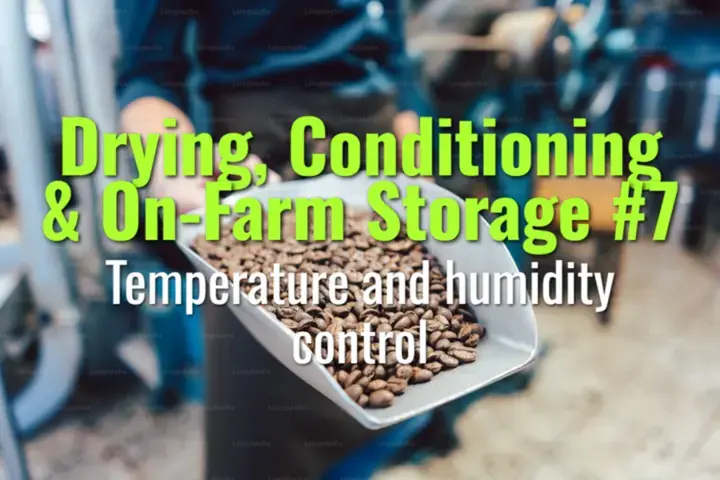
This topic explains how controlling temperature and humidity in coffee storage preserves quality, prevents defects, and ensures stability until export or roasting.
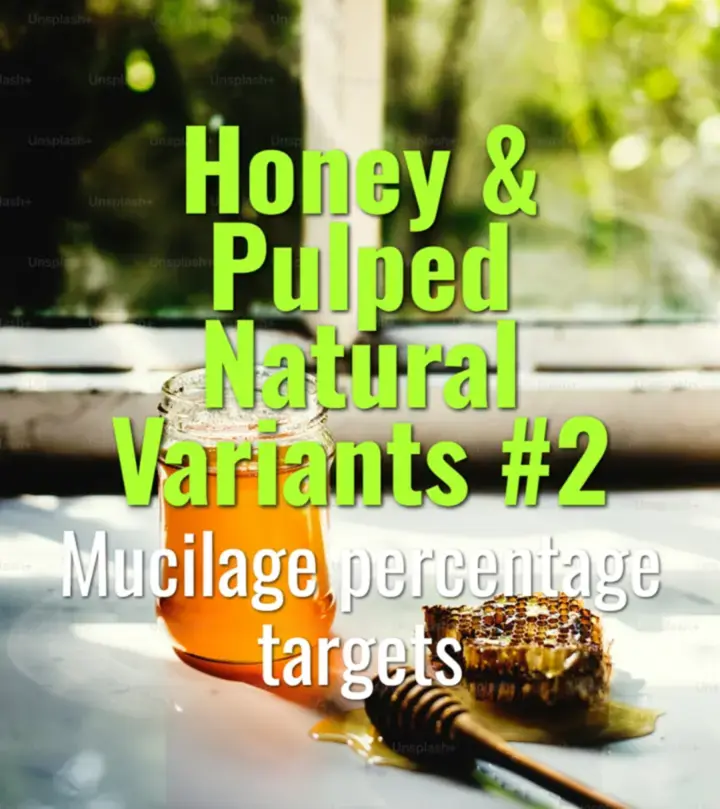
This topic explains how mucilage percentage targets define honey and pulped natural processes, the methods used to control them, and how different levels affect flavor and risk during drying.
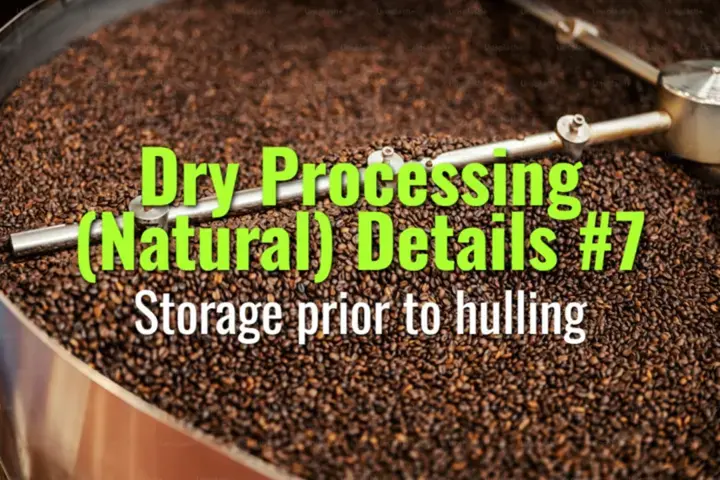
This topic explains best practices for storing dried coffee cherries or parchment before hulling, and how storage conditions affect quality, safety, and market value.

This topic explains how traceability is maintained during wet processing, from cherry reception through fermentation tanks, ensuring transparency, quality control, and market value.
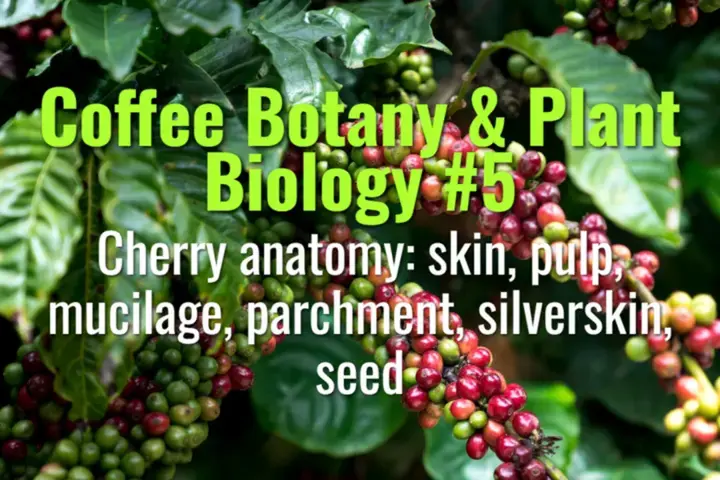
This topic breaks down the structure of the coffee cherry, layer by layer, showing how each part influences processing, flavor development, and the quality of the final cup.